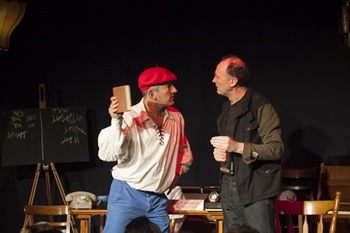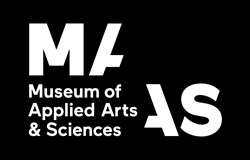When: Tuesday, 13th November 9:15-11:15am
Where: L2, Level 2 to the left of the registration/foyer area, down the hallway and through the doors on the right
Hashtag: #T5
Different approaches and processes can be implemented as part of a research project – but the best approach is the one that will get you the most accurate assessment! Even using the right approach does not guarantee valid findings – It has to be the right question!
This workshop will address best practice approaches to designing research programs that combine scientific rigour with practical efficiency. We will look at the philosophy underpinning different approaches and how and when different techniques should be used. We will conclude with a discussion on how published research should be evaluated.
Presenter
Clifford Lewis, Lecturer, Charles Sturt University
